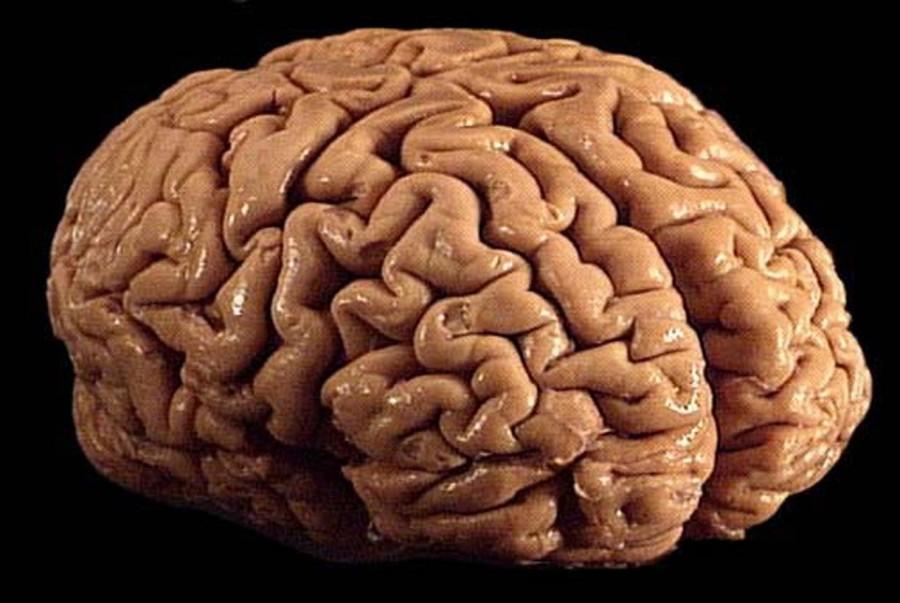Concerns about concussions
January 29, 2015
Concussions are a growing problem in today’s society. The average high school lineman takes between 1,000 to 1,500 hits to the head each season, some at forces equivalent to or greater than a 25 mile an hour car crash, according to the Centers for Disease Control and Prevention of America.
Concussions are an overlooked problem, even here in our hometown. Quentin German, a junior at Howell High School, has been diagnosed with eight concussions over a time period of 2 years. He got his concussions while playing football and wrestling.
“I have developed chronic migraine from all of my concussions, and now have to take a daily anti-depressant to try and control my migraines” says German.
The brunt of his concussions hit German throughout freshman year.
“It really affected my Freshman year, missing so much school because of my headaches and not being able to participate in gym class really messed with my gym grade.” German says. He is no longer allowed to play any level of contact sports, so he started participating in golf to fulfill his love for sports.
10-35% of student athletes will receive a concussion in any given sport season according to the Centers of disease Control and Prevention.
To me, these statistics about concussions or mild traumatic brain injuries come with no shock. The world of concussions is no stranger to me, as over the past 3 years I have been diagnosed with 5 concussions, post concussion syndrome, chronic migraine and a severe neck injury. I work weekly with my team of neurologists, chiropractors, psychologists, therapist and neurofeedback techs to further treat me and to try and reduce the frequency of my headaches, among many other symptoms. This is important because upon my first three concussions I never realized the serious and life changing effects they could have on a person. I’ve always been an extremely driven and competitive person and that was best displayed while I was playing soccer. I left everything I had on the field and put all limits behind me. Unfortunately, my injuries resulted with prognosis of more than likely never being able to play contact sports again.
These past injuries have had an extreme effect on my school and personal life in ways I never knew was possible. School is a challenge for me on a day to day basis and I have had to alter my studying, homework habits and test taking strategies to get through school. In my personal life, my days are flooded with doctors appointments, a minimum of 5 a week, and I haven’t been headache-free since early April of last season.
Concussions are becoming more problematic than just neverending headaches or troubles in school, they are having extremely detrimental effects, such as what recently happened to an Ohio State University student, Kosta Karageorge. He was found dead in dumpster a few weeks ago with a handgun near him. He died from what authorities believe to be a self inflicted gun wound. If Karageorge’s death had anything to do with his history of concussions, it would reflect a growing body of research suggesting links among concussions, student athletics and suicide, according to CNN.
As this is a tragedy, it brings up a topic that needs some more light shone on it. The medical field in recent years has paid great attention to concussions and is making great advances, but the common people and athletes are not well-educated on the detrimental and life long effects concussions can have on an individual.
“Take concussions a lot more seriously, I never thought that this would happen. Take the time to recover instead of trying to rush back on to the field as soon as you can, because at the end of the day your life long health is the most important,” German says.




